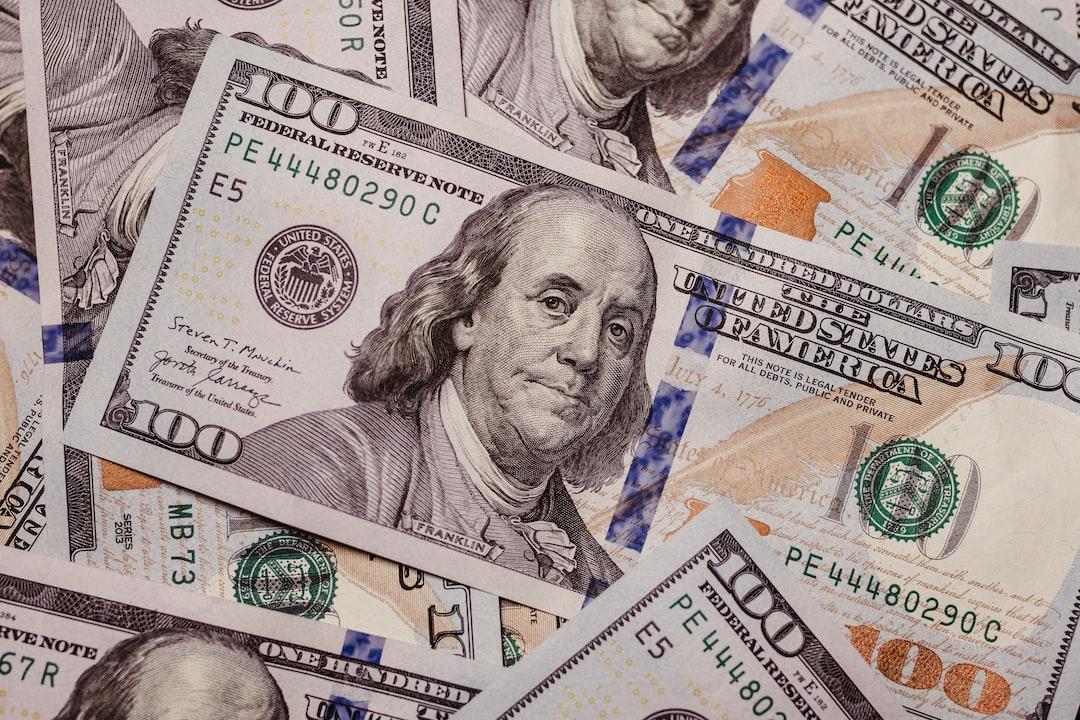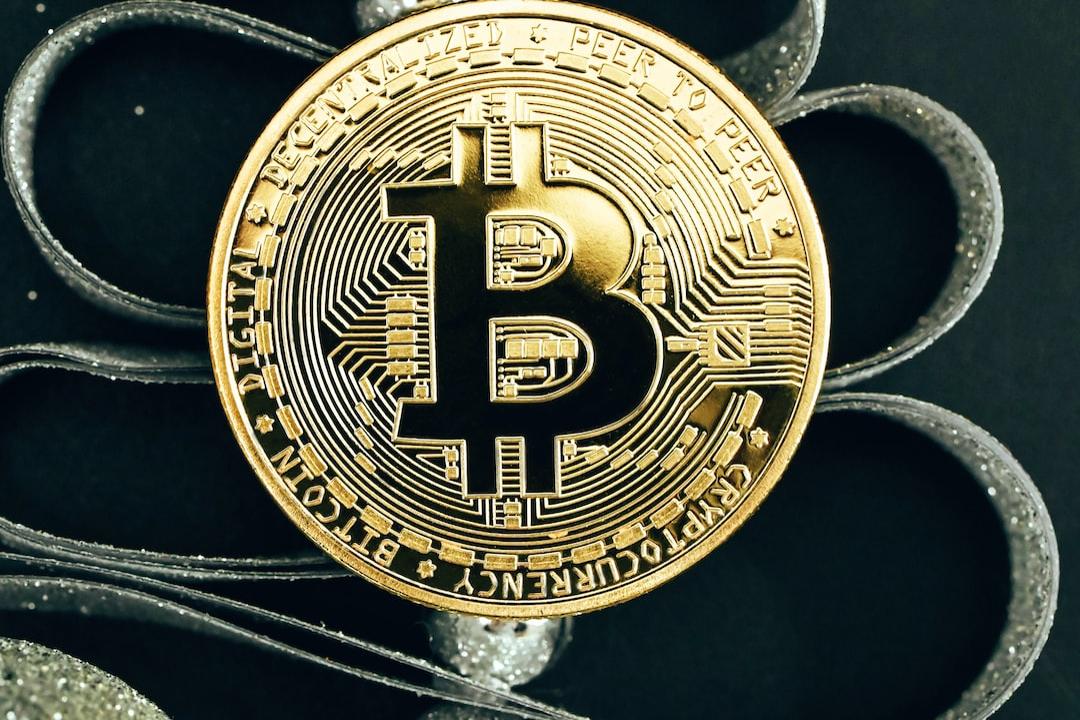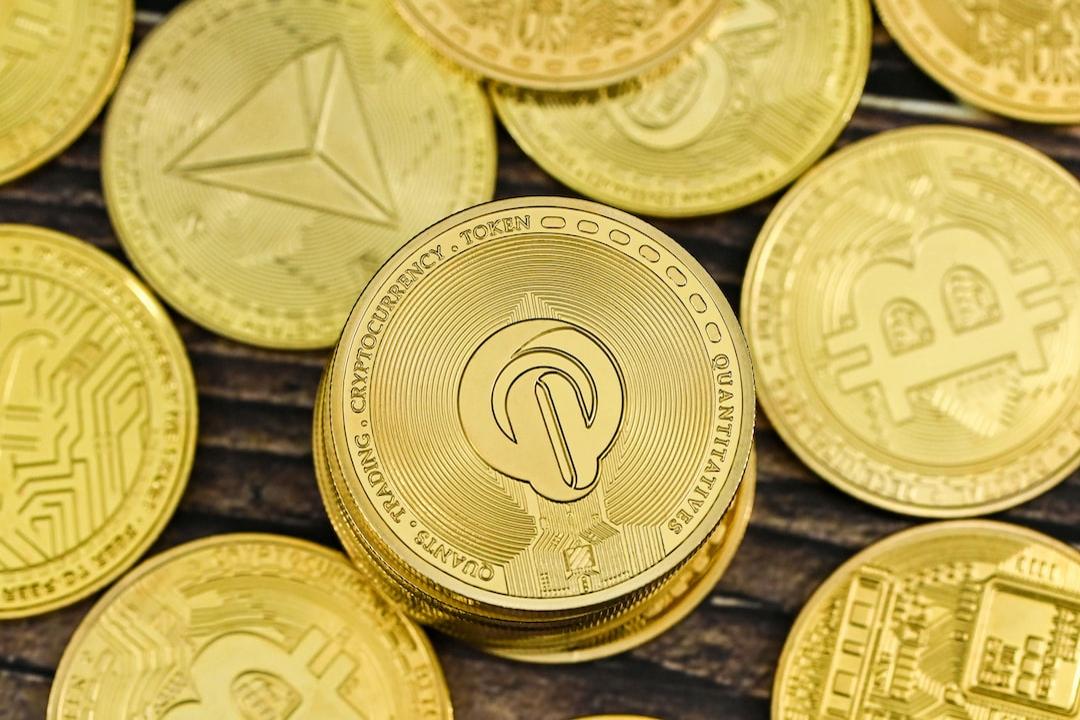Taiwanese Internet Celebrity Chen Zhi-Han Faces Allegations of Receiving USDT Payments from China
Taiwanese internet celebrity Chen Zhi-Han, known as “Guan Zhang,” has been accused by Threads users of allegedly receiving USDT payments from China, with claims related to his recent live streaming in Shanghai. However, doubts have emerged regarding the evidence supporting these allegations…
(Background: Guan Zhang collaborates with Binance to release a limited edition of 100 NFTs, where the first bidder can receive cashback equivalent to the e-commerce platform “Infamous.”)
(Context: Guan Zhang launches 100 NFTs! Offers a 10% trading draw, 1:1 exchange for e-commerce shopping credits, bluntly stating that “NFTs are merely speculative.”)
Guan Zhang’s Shanghai Live Stream Sparks Controversy
Recently, Chen Zhi-Han, also known as “Biao Han” on YouTube, traveled to Shanghai to initiate a cross-sea live stream that attracted massive attention, with the highest online viewership reaching 193,000. This event also ignited considerable political debates, making it a primary news topic. His sudden announcement to live stream in China aroused skepticism from some local Taiwanese factions. Today, Threads user “gulshan_ara0987” revealed that Guan Zhang’s trip to China for live streaming was actually a show for receiving benefits, which also raised doubts among netizens. In response to the accusations of receiving money for his Taiwan visit, Guan Zhang stated during his live stream:
“Many people say I came to Shanghai to sell out Taiwan; why don’t you ask Taiwan how they are treating Ko Wen-Je?”
Accusations of Receiving Millions in USDT
Threads users pointed out that Guan Zhang’s assertion of not receiving money might be misleading. They claimed that a week before his departure, over 300,000 USDT was received at a related address, and within 48 hours, it was laundered through a mixing service. They argued that such practices are common in sensitive financial arrangements, describing them as “clean, swift, and traceless.”
“Over 300,000 USDT, nearly NT$10 million, entered and completed a three-stage split in under 48 hours. Each transaction was routed through mixers and bridging addresses, ultimately transferred to Binance’s international platform, making it difficult to trace the actual users.”

Information Comes Under Scrutiny
However, following the post, netizens raised questions such as, “How do you have Guan Zhang’s cold wallet?” and “What’s the address?” The post was subsequently deleted, and it remains uncertain whether the author removed it themselves.
Is there truth to this information? Anonymously, a blockchain expert consulted by Dongqu noted that it would be difficult to prove that Guan Zhang received USDT worth millions solely based on these statements, and it is impossible to link it to the purpose of his trip to Shanghai. The expert emphasized that blockchain records are not infallible; they typically only describe the interactions between addresses without directly confirming the relationship between individuals and money unless further off-chain evidence indicates that the wallet address belongs to Guan Zhang. Otherwise, it is not feasible to assert that Guan Zhang received benefits through USDT.
“He hasn’t mentioned the wallet address. Let’s assume one exists; perhaps you can find an address that matches the transfer path he described. The next question is, how do you prove that this is Guan Zhang’s address?”
“Additionally, since the money was transferred to Binance’s international platform, as long as there are legitimate grounds for investigation, large overseas exchanges like Binance usually cooperate. The next aspects to consider are: What law did Guan Zhang break by traveling to China for a live stream? What legitimate grounds could law enforcement use to request Binance’s cooperation in the investigation? Secondly, is there indeed KYC data for Guan Zhang that matches this transaction at Binance?”
These two points are what law enforcement should evaluate. If they are investigating this case based on such statements (which could be rumors), the cost and return of the investigation might not align proportionally.
From another perspective, if one were to launder money, would they genuinely transfer it to Binance’s international platform? If the goal is to keep it clean, swift, and traceless, wouldn’t there be better methods available?
Of course, this is merely an academic conjecture based on on-chain data. The key point is that on-chain records should not be conflated with evidence, as proving whether a person owns a specific address is not the responsibility of on-chain data or financial analysts. Having financial flows does not equate to convicting an individual.



